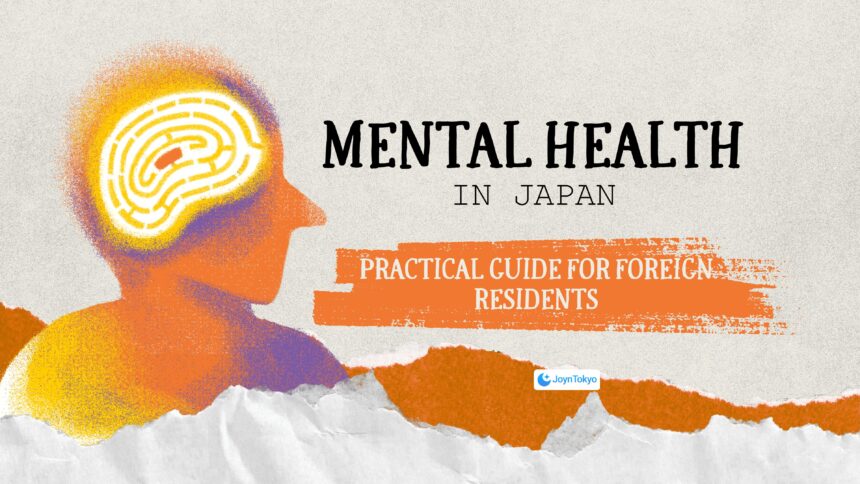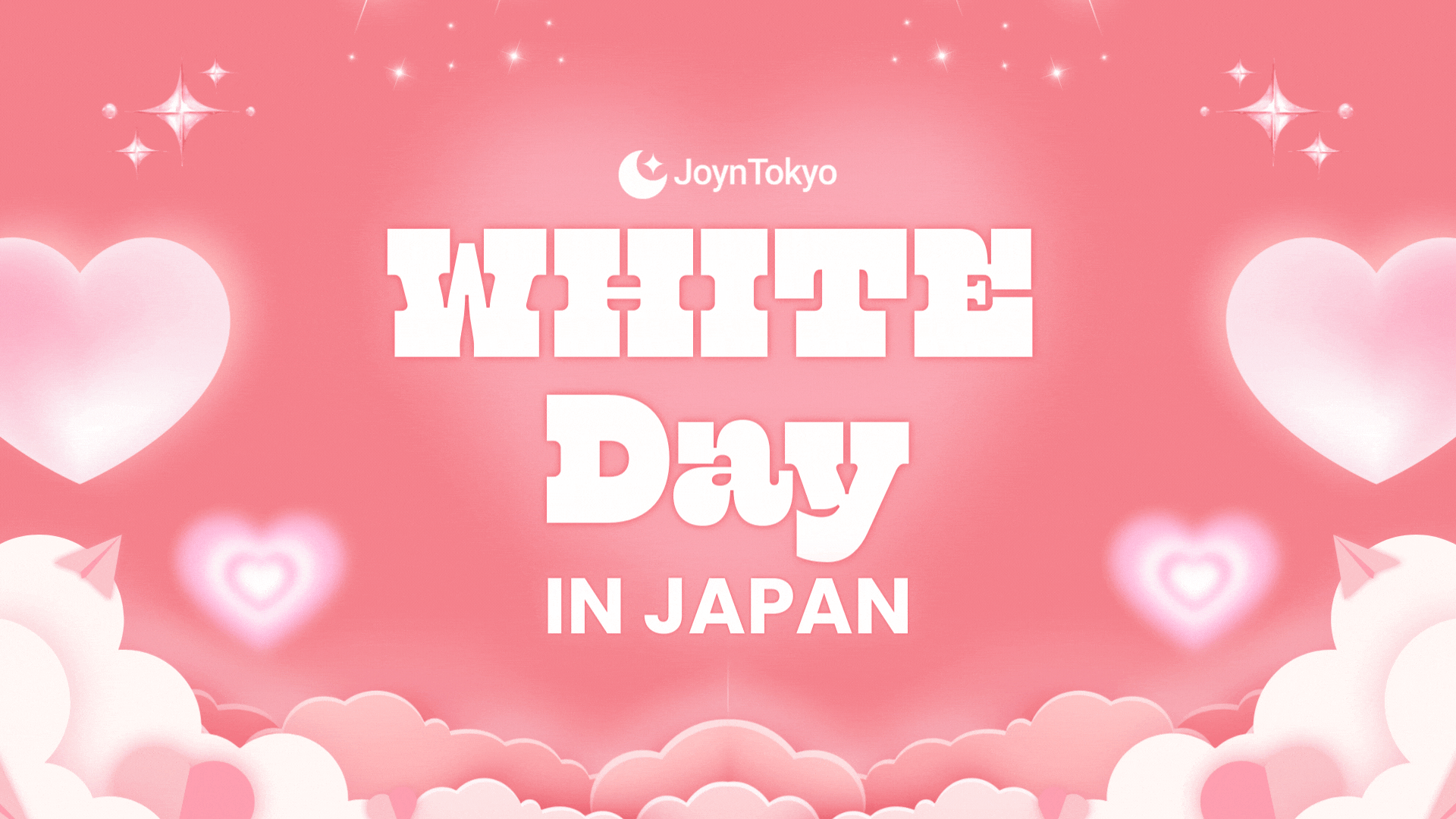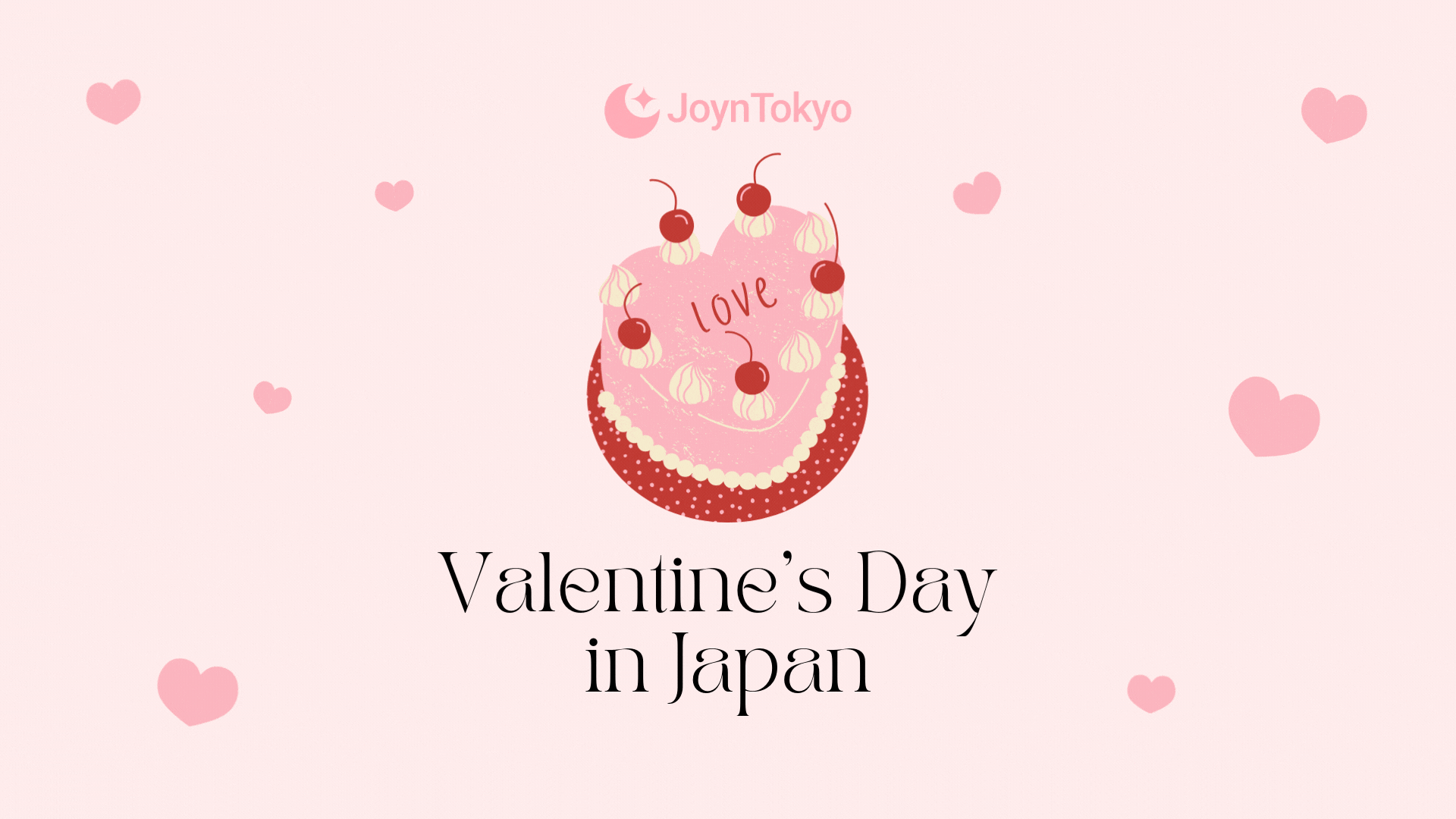WARNING: THIS GUIDE DISCUSSES MENTAL HEALTH AND SELF-HARM ISSUES
Relocating to a new country is always tough. It can amplify daily stressors, and Japan is no exception to this. Sometimes, people need help with their mental health. This guide explains how the Japanese mental-health system works, which services are foreigner-friendly, and what concrete steps you can take to protect your well-being.
The Current Landscape of Mental Health in Japan
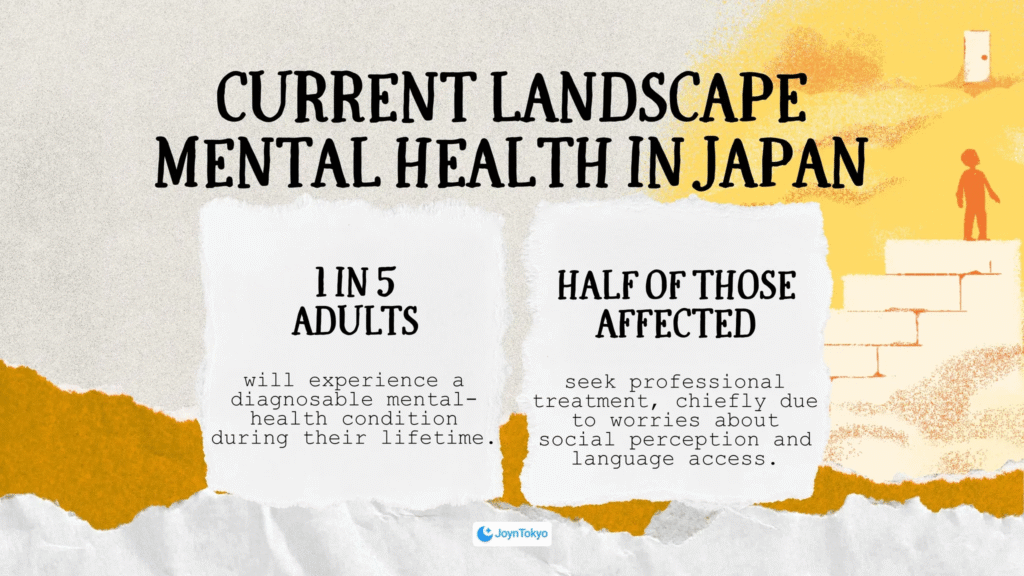
Japan’s overall suicide numbers have fallen by roughly 35% since their 2003 peak, yet the rate still sits above the OECD average, and it rose among under-30s after the COVID-19 pandemic. Nationwide campaigns — such as TELL’s Tokyo Tower Climb — have contributed towards a gradual cultural shift toward openness, but social stigma and language barriers remain persistent hurdles.
Key Statistics You Should Know
- Government surveys indicate one in five adults in Japan will experience a diagnosable mental-health condition during their lifetime.
- Fewer than half of those affected seek professional treatment, chiefly due to worries about social perception or language access.
Where the System Is Improving
Since 2022, each prefecture has funded mobile community-outreach teams, and companies with over 50 employees must run annual stress checks. Pilot projects in Kanagawa and Osaka now cover group CBT under public insurance, showing promising uptake and lower relapse rates.
How the Mental-Health System Works
Before booking an appointment, it helps to understand Japan’s universal insurance model and the professionals who operate within it.
Insurance Coverage and Typical Costs
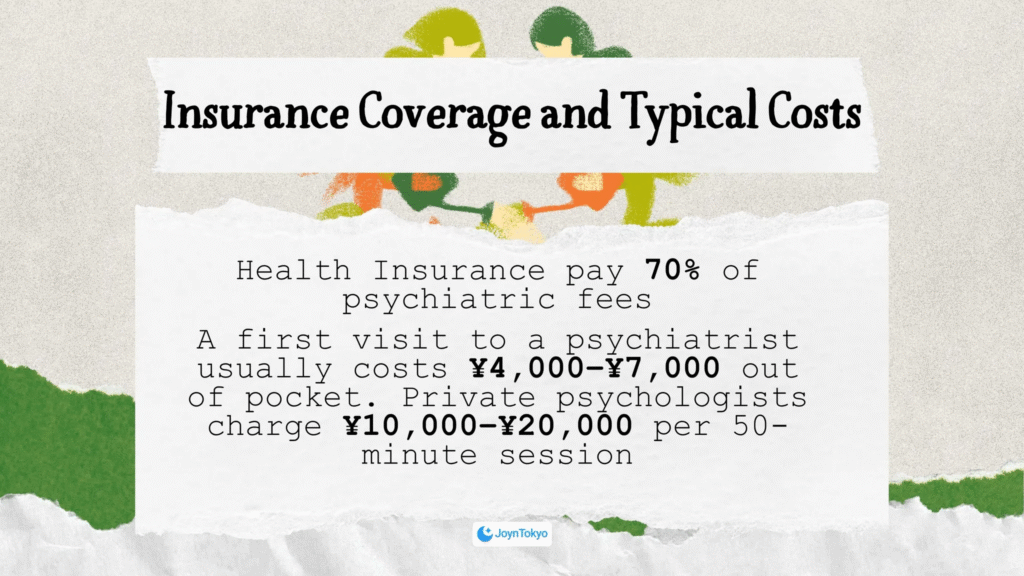
National Health Insurance (NHI) and Employees’ Health Insurance pays 70% of psychiatric fees. A first visit to a psychiatrist usually costs ¥4,000–¥7,000 out of pocket. Private psychologists charge ¥10,000–¥20,000 per 50-minute session, unless your employer provides an Employee Assistance Programme (EAP).
Types of Professionals
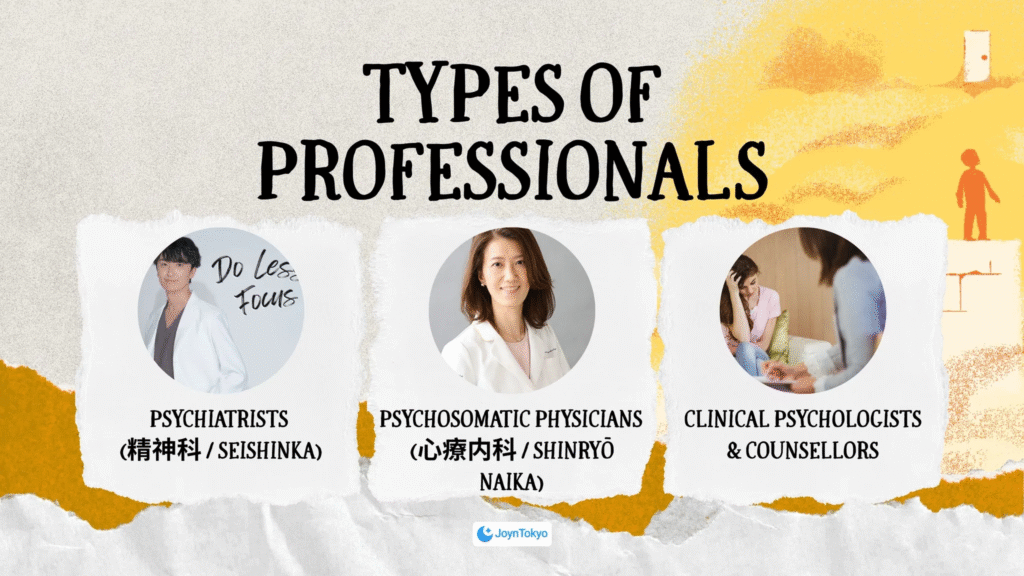
- Psychiatrists (精神科/seishinka): Medical doctors who diagnose conditions and prescribe medication.
- Psychosomatic Physicians (心療内科/shinryō naika): Treat physical symptoms that stem from stress.
- Clinical Psychologists and Counsellors: Offer talk therapy; always confirm language ability and credentials.
University hospitals feature on-site interpreters but longer waiting lists, while small “mental clinics” provide faster access — usually in Japanese only.
Referral Pathways
Japan does not legally require a GP referral; however, large hospitals charge an additional 選定療養費/sentei-ryōyōhi (≈ ¥7,000) if you arrive without one. Booking by phone is standard. When emailing, a concise bilingual message greatly improves your response rate.
Foreigner-Friendly Services
Major metro areas still dominate English offerings, yet hotlines, tele-therapy, and city interpreters now extend support nationwide.
24-Hour Helplines
| Service | Language | Number | Notes |
|---|---|---|---|
| TELL Lifeline | EN/JP | 0800-300-8355 | Free, 24h |
| Tokyo Suicide Prevention Center | JP | 03-5774-0992 | 22:00–05:00 |
| The Japan Helpline | Multi | 0120-461-997 | Crisis and general support |
Multilingual Counselling Networks
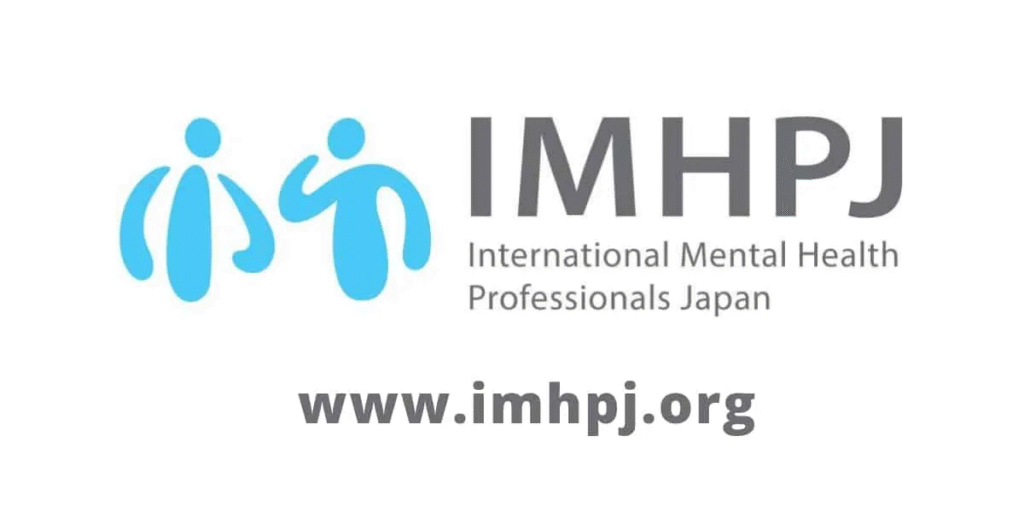
International Mental Health Professionals Japan (IMHPJ) lists vetted English-speaking therapists in Tokyo, Yokohama, Kobe, Fukuoka, and offers hybrid tele-sessions; ideal if you have not yet moved.
Hospitals with Interpreter Teams

National centers such as the National Center of Neurology and Psychiatry (NCNP) in Kodaira employ professional interpreters. In smaller prefectures, volunteer “Himawari” interpreters may accompany you. Ask your city hall’s international desk for specific information.
What Treatment Looks Like in Practice
Available therapies mirror those in other high-income nations, though Japanese sessions can feel more formal and clinician-led.
Medication
Selective serotonin re-uptake inhibitors (SSRIs) and newer atypical antipsychotics are insurance-covered. You may import up to a 30-day personal supply without paperwork, though larger quantities require a 薬監証明/yakkan shōmei certificate.
Psychotherapy Styles
- Cognitive Behavioural Therapy (CBT): Covered for depression since 2016 at designated hospitals, typically 16 weekly sessions.
- Morita Therapy: A Japan-developed acceptance-based method effective for anxiety and OCD.
- Integrative Counselling: Common in private clinics serving expatriates.Ensure your therapist is accredited by bodies such as the APA or BACP.
Peer and Online Support
Groups like Speak Easy Tokyo or Kyoto Mental-Health Collective host regular English meet-ups. Online communities — Reddit’s r/JapanLife or the Facebook group Foreigners with Mental Health Issues in Japan — offer anonymous advice and shared coping tips.
Mental Health in Work and Study Settings
Japanese labour and education laws embed basic mental-health protections, but enforcement varies by institution.
Workplace Stress Checks and Sick Leave
Companies employing 50+ staff must run yearly stress surveys and offer a free psychiatric consultation if indicated. Should you need time off, present a doctor’s certificate: paid sickness allowance begins after three consecutive days and can last up to 18 months.
University Resources
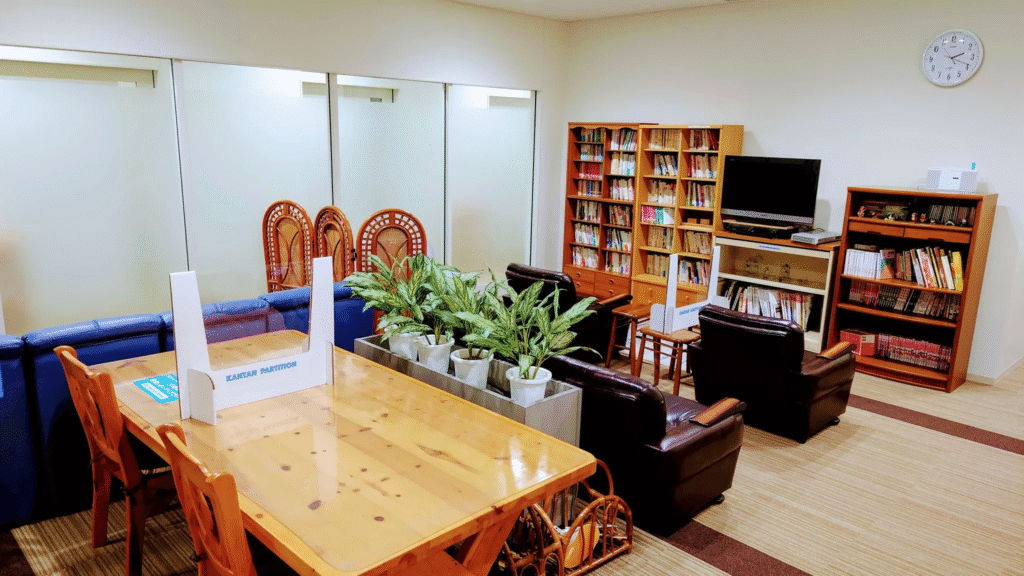
Almost all universities maintain Student Counseling Rooms where bilingual psychologists provide free or low-cost sessions. Staff can also liaise with Immigration Services if mental-health difficulties jeopardize your study visa.
Visa and Residency Concerns
A history of mental illness alone does not disqualify you from work or spouse visas. Extended hospital stays, however, may complicate renewals if they trigger long-term unemployment. If admission could exceed three months, consult an immigration lawyer promptly.
Everyday Strategies for Staying Well
Good mental health thrives on routine, community, and foresight.
Build Supportive Networks
You can join language-exchange circles, volunteer projects, or sports clubs. Social connection is a proven buffer against depression among foreigners in Japan.
Local Self-Care Resources
- Bookstores sometimes stock bilingual mindfulness workbooks.
- Public health centres often host free weekend yoga or forest-bathing walks.
- The app Pocket Therapist JP integrates with pharmacies to remind you of medication refills.
Preparing for Emergencies
Save 119 (ambulance) and key hotline numbers in your phone. Locate the nearest 24-hour hospital with a psychiatric ward, and keep a short Japanese note describing your condition ready to show staff.
Stay Well, Live Well
Japan offers universal insurance, growing therapy options, and a network of community initiatives. Language gaps and procedural wrinkles can slow access, yet proactive planning — learning the hotline numbers, clarifying insurance coverage, and nurturing friendships — will help you safeguard your mental health and enjoy life in Japan.

